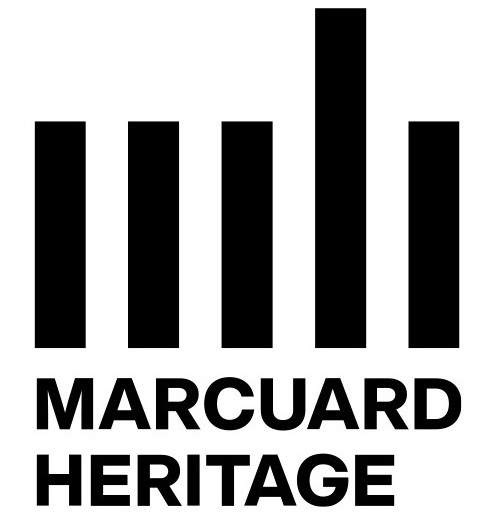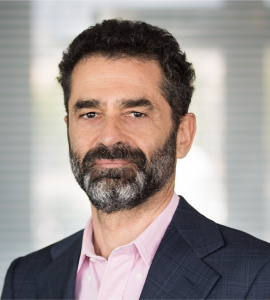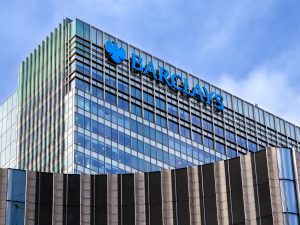
Business
Independent Swiss wealth manager Marcuard Heritage has broadened its shareholder base to include several senior executives, signaling both a succession strategy and a commitment to long-term stability. The move reflects a growing trend among private banking firms to align leadership incentives with company ownership and client trust.
Founded in Zurich in 2003, Marcuard Heritage built its reputation on independent advisory, portfolio management, and a focus on private clients seeking tailored financial solutions.
By extending ownership to senior managers, the firm strengthens internal cohesion and ensures that strategic decisions remain aligned with client interests and business continuity.
The new shareholder structure is designed to smooth the leadership transition as founding partners plan for the next decade of growth. This gradual handover stands in contrast to abrupt management changes that sometimes unsettle clients in traditional private banking.
Expanding the shareholder base has another benefit: it creates a deeper sense of responsibility among key decision-makers. Executives with equity stakes tend to prioritize long-term stability, capital preservation, and prudent credit allocation—values central to Swiss private banking.
This ownership realignment also reinforces Marcuard’s independence from large banking conglomerates, enabling it to maintain flexible investment policies while adopting new digital banking tools to enhance client experience.
As global wealth continues to expand, competition among independent asset managers is intensifying. Firms like Marcuard Heritage are adapting by integrating ESG principles, digital analytics, and personalized client reporting—without sacrificing the discretion and trust that define Swiss banking.
Insight: Marcuard’s step toward broader ownership shows how private wealth firms can evolve without losing identity. In a sector where continuity is currency, the most valuable asset isn’t capital—it’s confidence.
 Previous Post
Previous Post
Rodolfo De Benedetti Explains Why Trust Remains the Core Currency in Banking
 Next Post
Next Post
$3.1B Bank to Emerge From Texas Deal

February 27, 2026

February 24, 2026

February 23, 2026

February 20, 2026